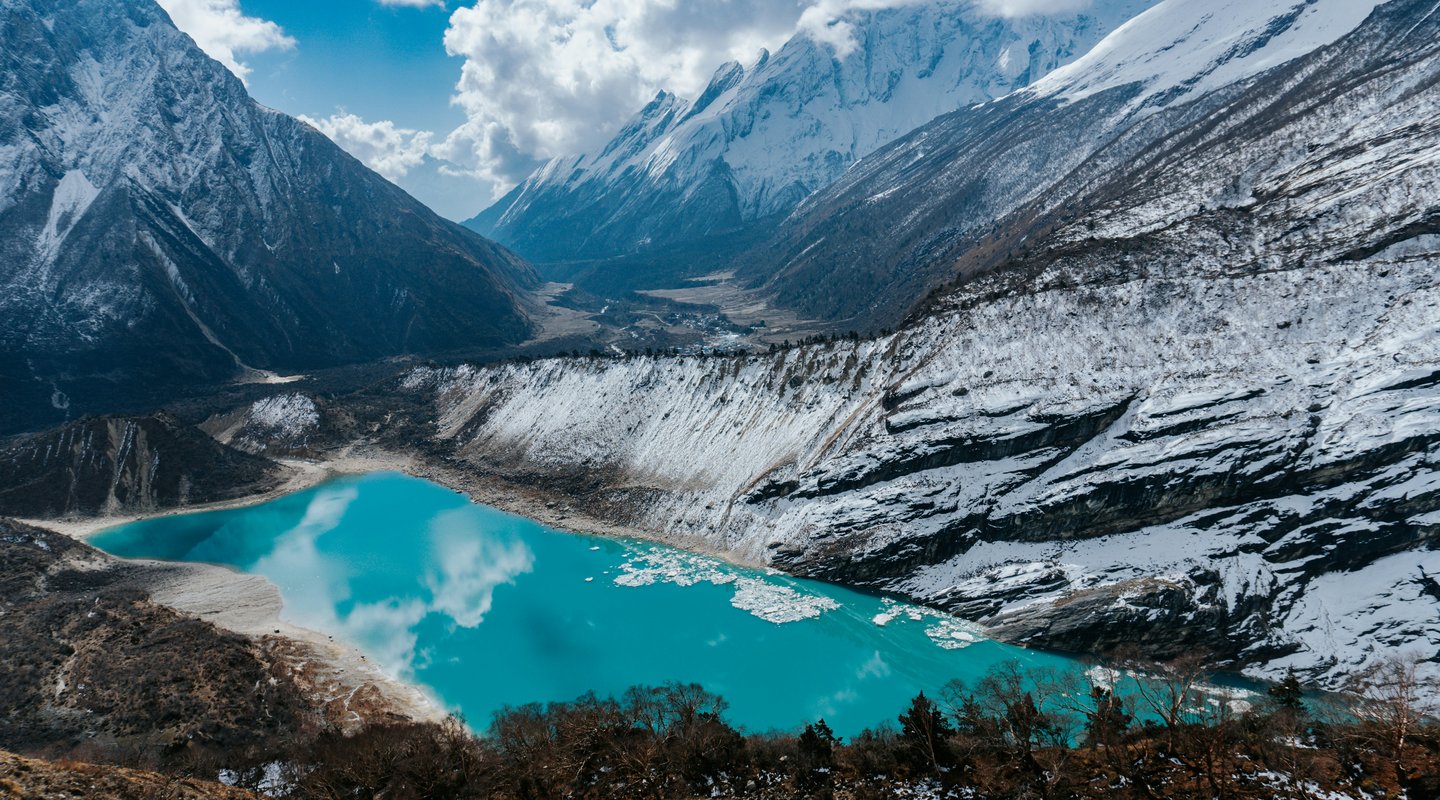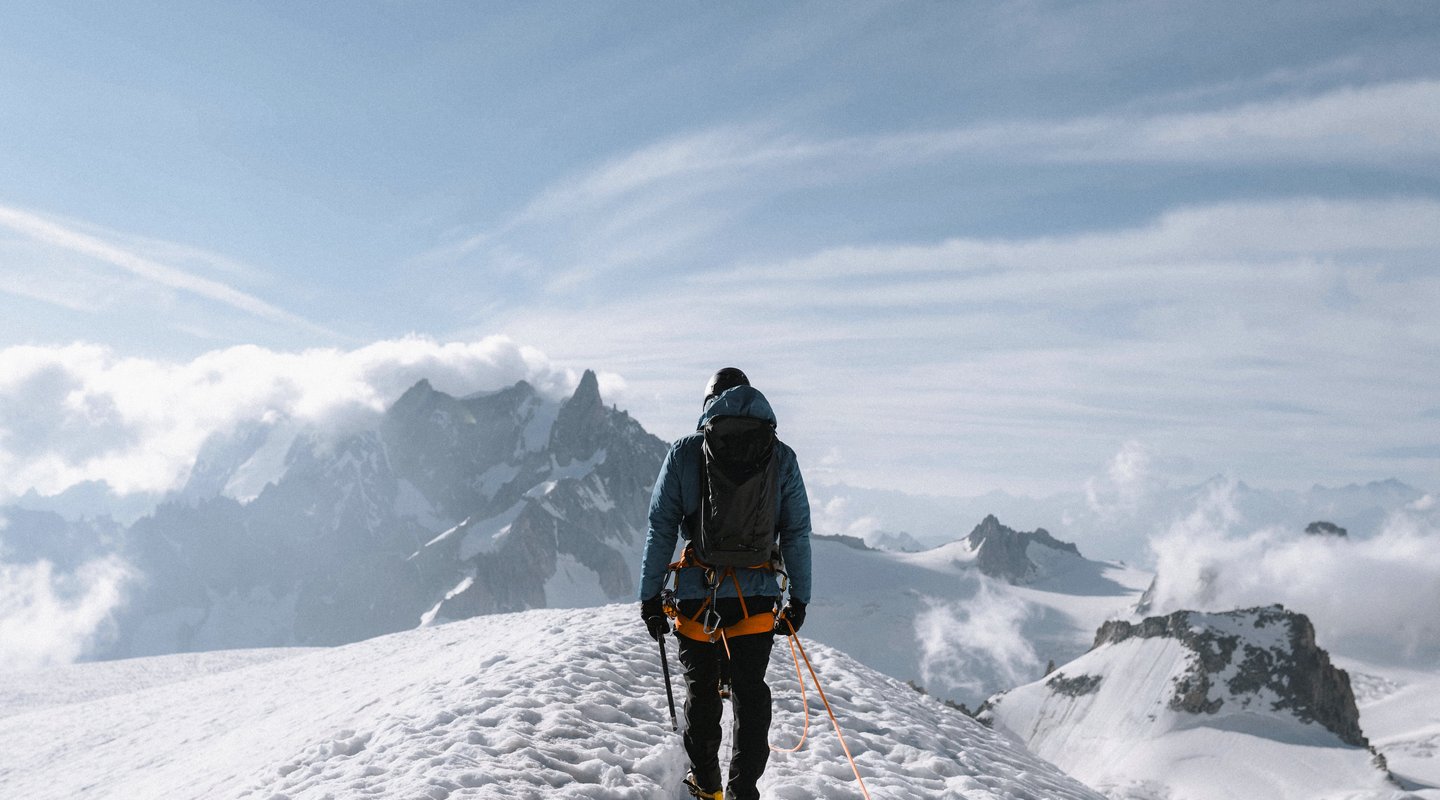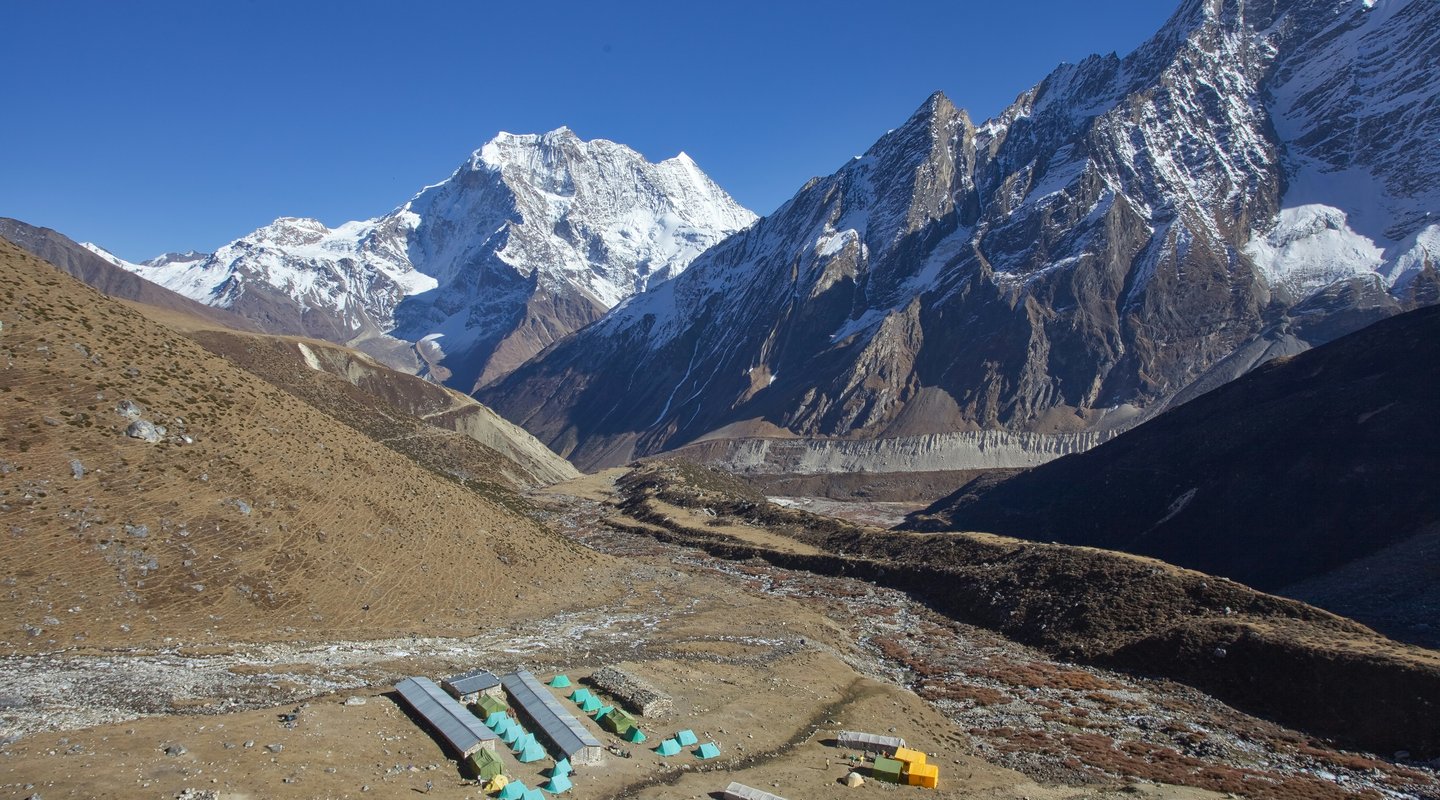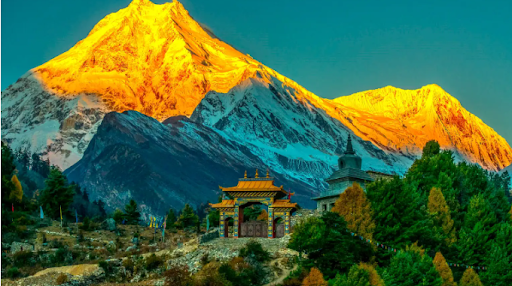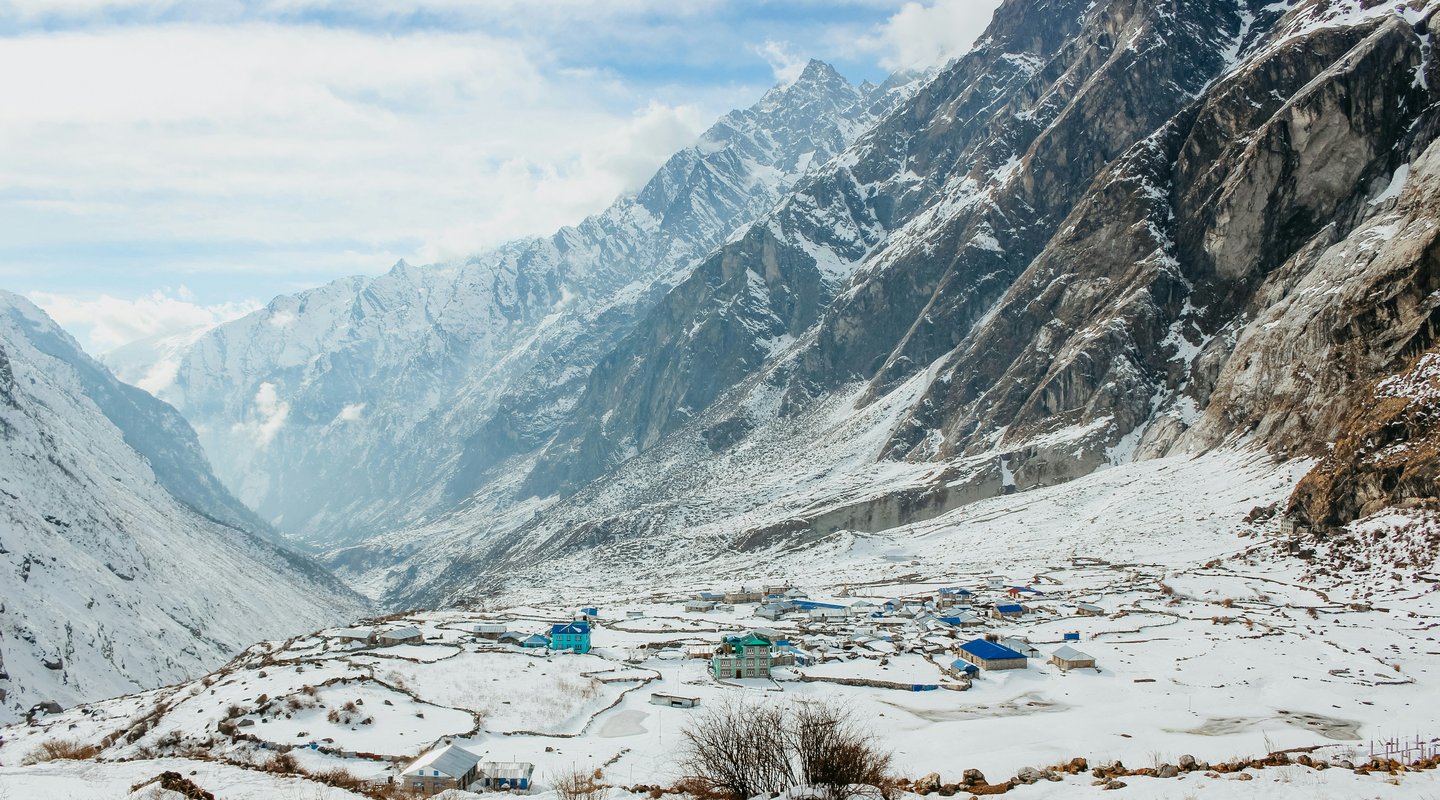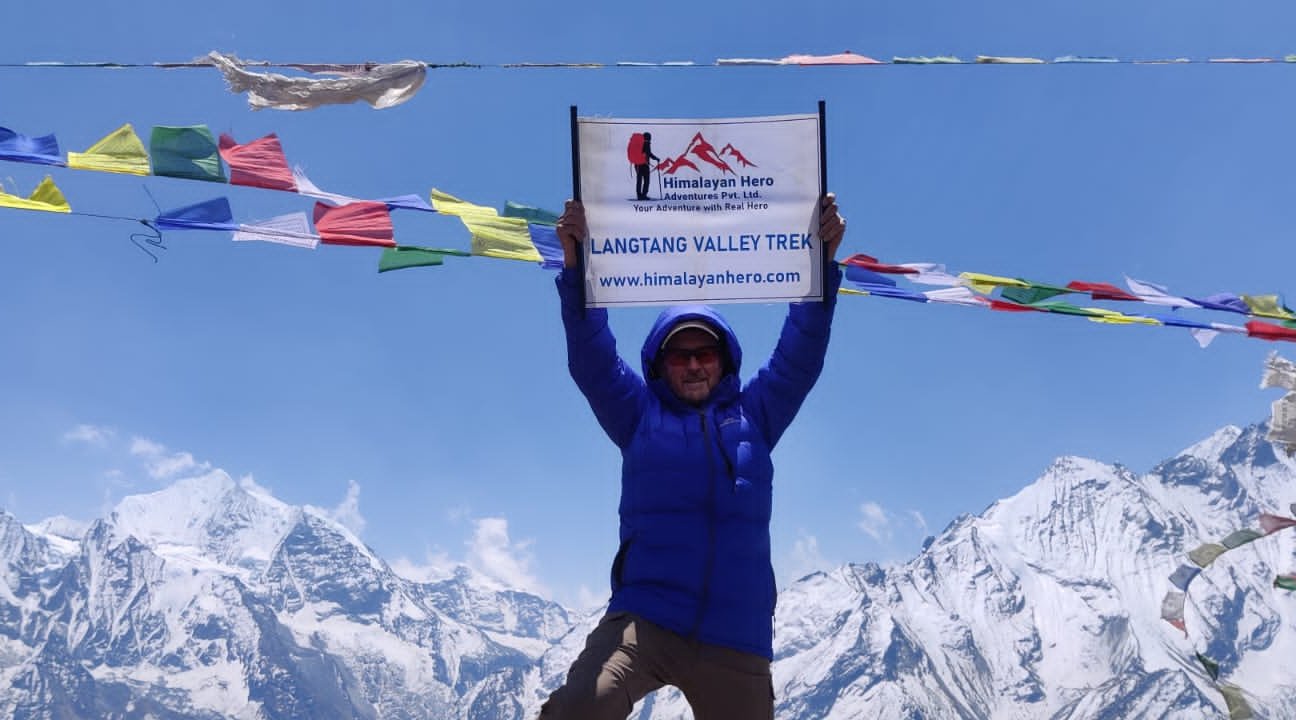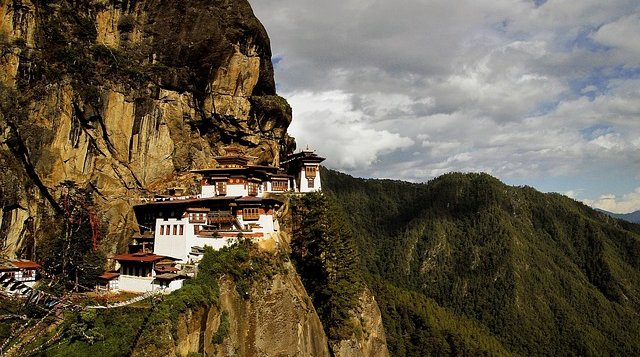
Well, that's one of the most awaited news for travellers who have been making plans to explore Bhutan.
After a generous lockdown period of more than two years, the Bhutanese government has finally decided to flow in tourism from September 23, 2022 (reported by CNN News) The government has, however, increased the sustainable development fees from $65 to $200 per night, per person - mandatory to enter the country. The Himalayan Kingdom is looking at this step as a chance to revive its economy by reopening to tourists.
One of the only carbon-negative countries in the world has everything you need to know about travelling there. Bhutan closed its borders and banned tourism in March 2020 due to the outbreak of COVID-19. Bhutan reported about 60000 infections with a population of less than 8,00,000.
However, Bhutan's USD 3 billion economies countered in the past two fiscal years, pushing more people into poverty.
It seems that the worst may have passed as the Tourism Council of Bhutan (TCB) has announced that international tourists will be allowed into the kingdom starting September 23.
The Kingdom of Bhutan is a stunning destination in the Himalayas, but few travellers make the trip due to its location, cost, or logistics. Known worldwide as the only nation of Vajrayana Buddhism, Bhutan offers various natural scenery ranging from Himalayan mountains in the north to lush jungles in the south.
The only nationality that does not require a visa for entry into Bhutan is Indians, Bangladeshis, and Maldivians. The possession of a valid passport for a minimum of six months is required for Indians, Bangladeshis, and Maldivians. Indian citizens can also use voters' Identity Cards. However, for the rest, visiting Bhutan requires a visa clearance obtained from an authorized tour company.
You cannot travel independently in Bhutan (except for Indians, Bangladeshis, and Maldivians).For Westerners to get their visas approved to Bhutan, they must hire a tour company. Also, once you're in Bhutan, you can only travel with your tour guide between cities - not independently. Your visa and the tour company's documents are verified at checkpoints between zones (regions).
Although it may sound expensive, your visa covers everything in your tour so you can think of it as your tour. All entrance fees, accommodation, meals, and private transportation (usually in a jeep) are included in your visa fee. Bhutan has a "high value, low volume" tourism policy, which is why visas are so expensive. Fewer tourists will enter the country due to the high cost, enhancing the unique, almost exclusive experience.
The tour company will either suggest places for you to visit or they will ask you where you want to go when you plan your trip.
If it is a particular zone, there will be a need to arrange ahead for zone travel permits.
Expect extremely spicy FOOD! In Bhutan, chilli is eaten for breakfast, snacks, lunch, and dinner. Without chilly, no meal is considered Wor/thy.
Ema date is the country's national dish and is a spicy curry with chillies and farmer's cheese served with nutty red rice. A dried chilli salsa is served on top, known as ezay salsa.
If you want to purchase souvenirs, tip, or drink, it's convenient to take US dollars. Since the country has few ATMs, you can get your cash at the airport ATM. Indian Rupees are usually received in return for Nu or USD. Since Nu and Rupee are paired, their use is almost limitless.
You can hike up to 6,000 meters above sea level. Under that altitude, mountains are considered trekking peaks. Bhutan's mountains are sacred, and anything above that is considered mountaineering. It is believed that going to snow peaks will disturb the gods and goddesses, resulting in hail storms, droughts, floods, etc.
Consider the seasons and what you want to see when planning your trip. You are most likely to find clear skies and mild temperatures during the spring and fall, especially if hiking. Tourism is also at its peak from September to November.
Tobacco is prohibited in Bhutan. In public places, smoking is forbidden, but it is permitted in private spaces. There is a limit of 200 cigarettes for tourists and Bhutanese.
To prevent trouble, ask your guide for a place to smoke before you start smoking.
Some nightclubs informally allow smoking after dark, as do some hotels and local bars.
A budget traveller might find Bhutan pricey, but it's still worth a visit as it's rare to find a country where you can still feel like you're in a foreign, non-westernized environment surrounded by nature and culture.
